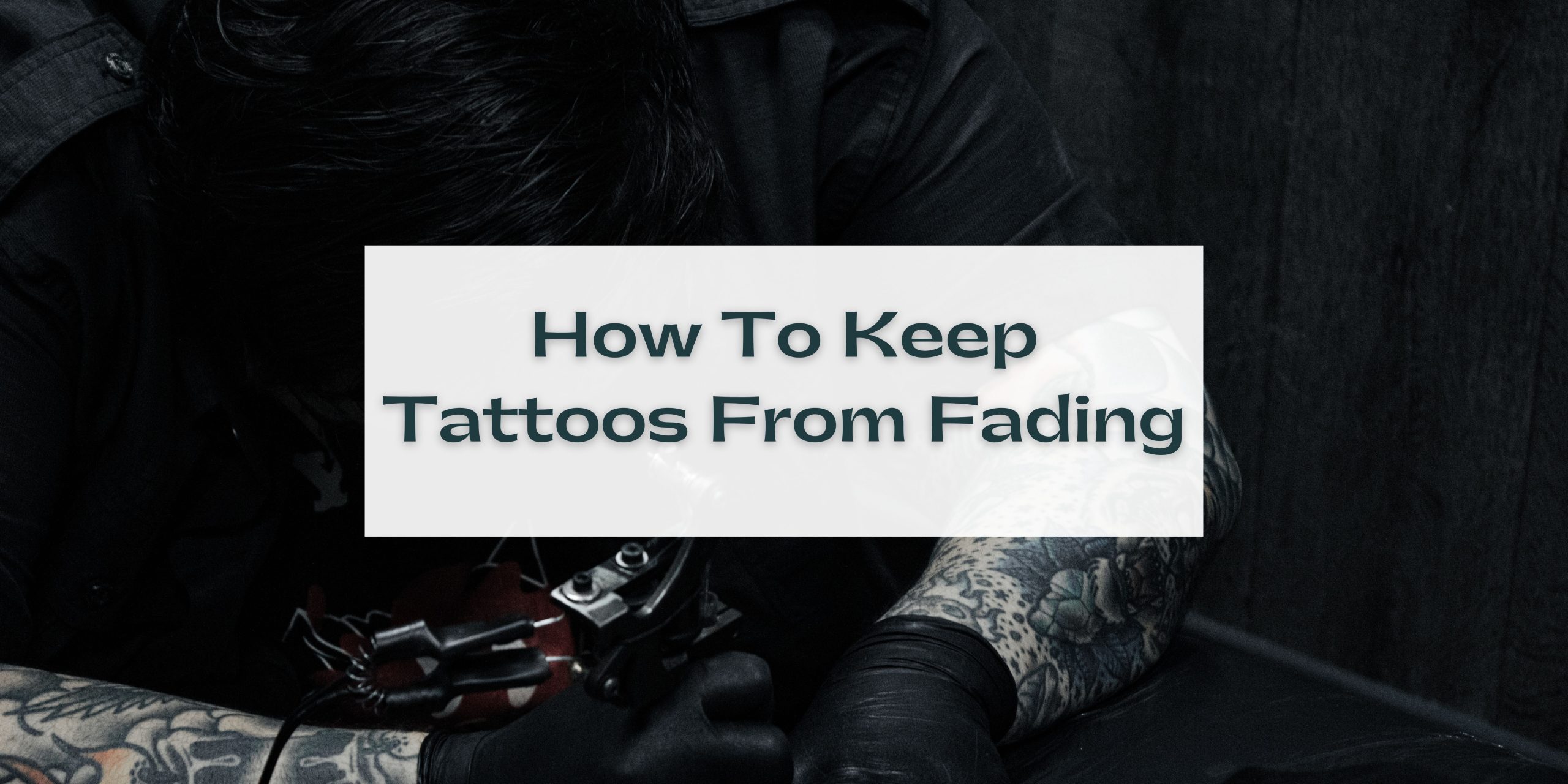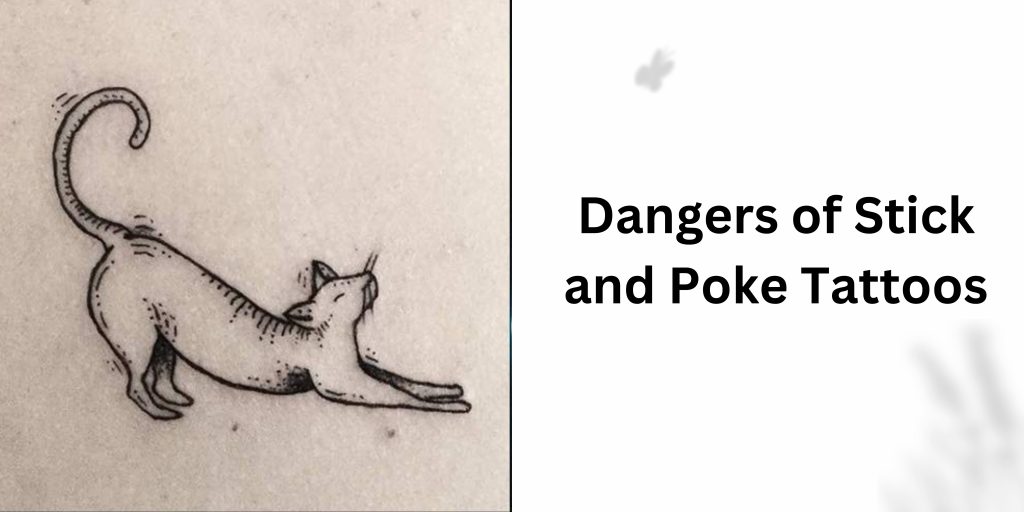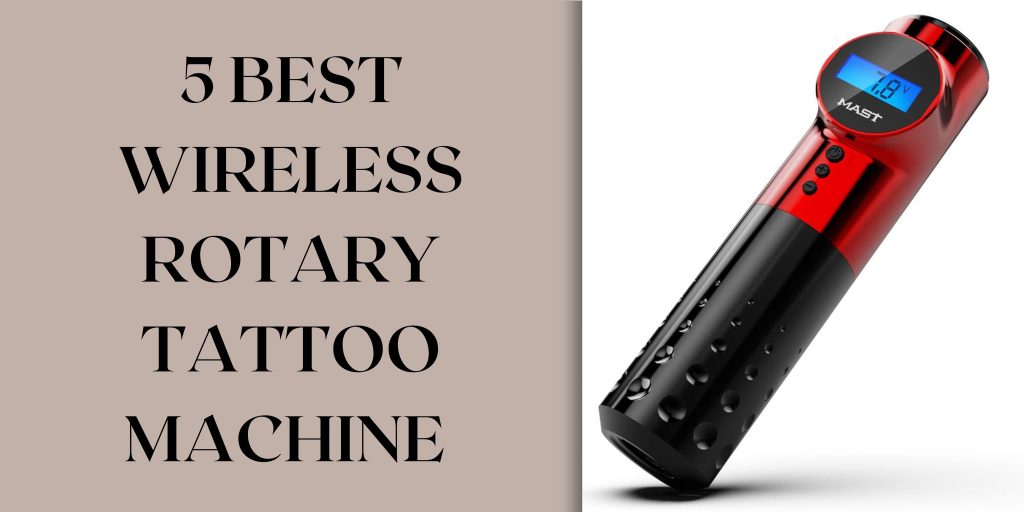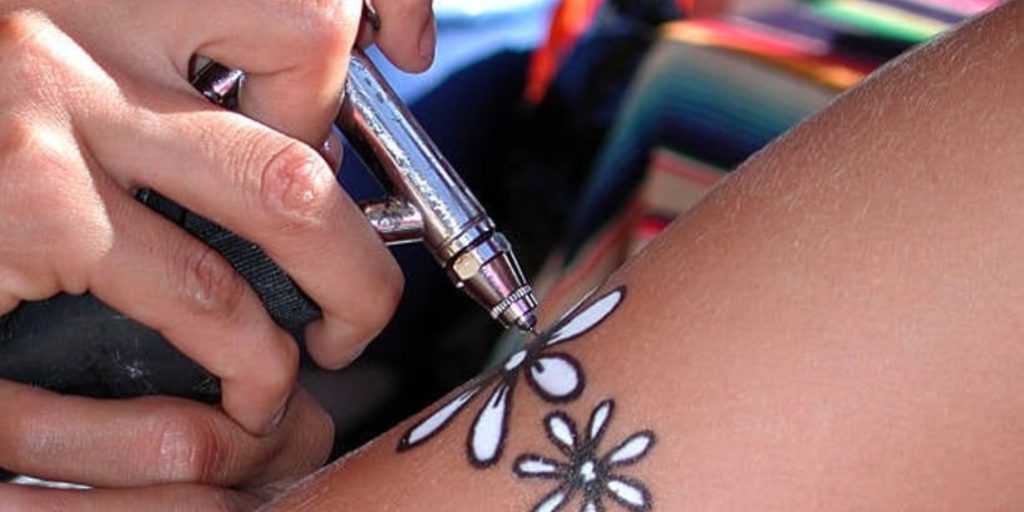Tattoos have become a mainstream form of self-expression in modern society, with people of all ages and backgrounds choosing to adorn their skin with intricate designs and symbols. However, the longevity of a tattoo’s vibrancy can often be a concern for many individuals, particularly those who have invested time, money, and energy into their body art. Fortunately, there are numerous strategies and techniques that can be employed to help prevent tattoos from fading over time. In this guide, we will explore some of the most effective ways to maintain the vibrancy and integrity of your tattoos, allowing you to enjoy your body art for years to come.
What Causes Tattoo Fading?
Several factors contribute to tattoo fading, including exposure to sunlight, the quality of the ink used, the depth and location of the tattoo, and individual skin characteristics.
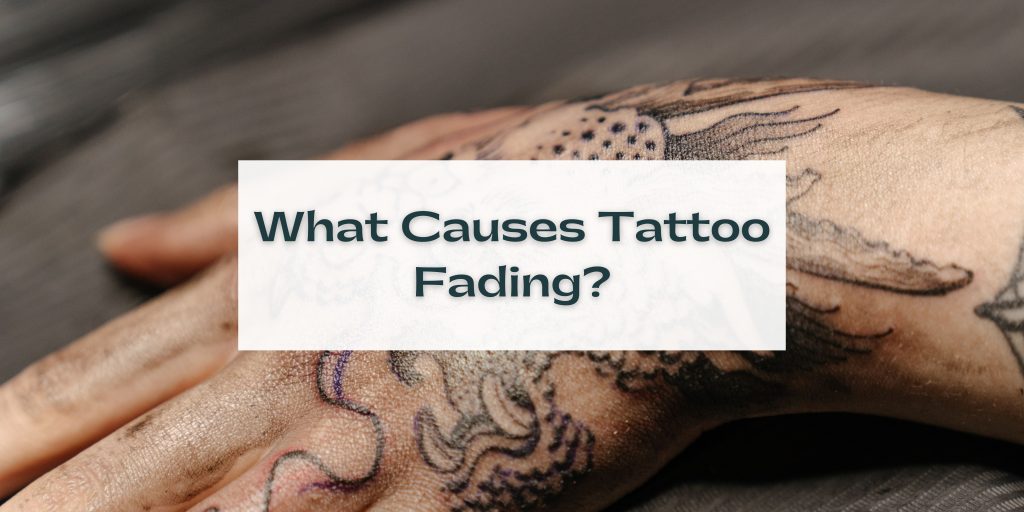
UV radiation from the sun is a primary cause of tattoo fading as it breaks down the ink pigments and leads to discolouration. Additionally, the quality of the ink used can affect how well a tattoo will hold up over time. Lower-quality inks may contain fewer pigment particles and more filler material, which can contribute to fading. The depth and location of the tattoo can also play a role in how quickly it fades, with tattoos on areas with more movement, such as hands or feet, fading more quickly.
Individual skin characteristics, such as skin type and age, can also impact tattoo fading. As the skin ages, it becomes thinner and loses elasticity, which can cause the tattoo to appear blurry or faded. Furthermore, some skin types are more prone to scarring or hyperpigmentation, which can affect the appearance of a tattoo over time.
Understanding the causes of tattoo fading can help individuals take proactive steps to protect and maintain their body art. By taking proper precautions, such as avoiding excessive sun exposure, using high-quality ink, and moisturizing regularly, individuals can help ensure their tattoos remain vibrant and beautiful for years to come. if you do not want a permanent tattoo then you can try a temporary tattoo.
How Long After Getting My Tattoo Will it Fade?
The rate at which a tattoo fades can vary depending on several factors, including the quality of the ink, the location and depth of the tattoo, and individual skin characteristics.
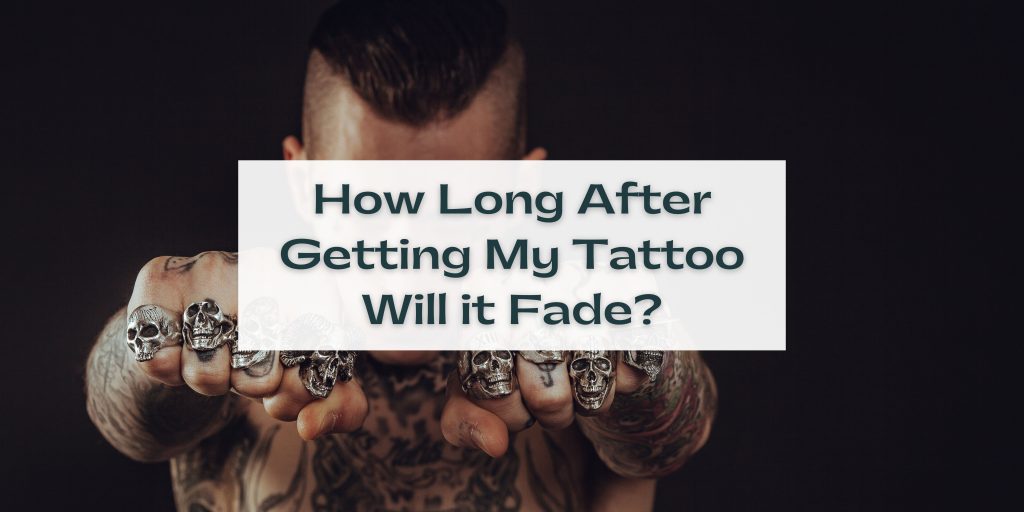
In general, a tattoo will be at its most vibrant immediately after the initial healing period, which typically takes 2-3 weeks. During this time, the tattoo will appear bright and bold as the body’s natural healing process helps to set the ink in place. However, as the tattoo ages, the ink pigments will begin to break down and disperse, causing the colours to gradually fade.
The rate at which a tattoo fades can vary depending on several factors, including the quality of the ink and the depth of the tattoo. High-quality ink will hold up better over time, while lower quality ink may contain fewer pigment particles and more filler material, contributing to faster fading. Additionally, tattoos that are located on areas with more movement, such as the hands or feet, may fade more quickly than tattoos on areas with less movement, such as the back or chest. Furthermore, some skin types are more prone to scarring or hyperpigmentation, which can affect the appearance of a tattoo over time.
While it is difficult to predict exactly how long a tattoo will take to fade, with proper care and maintenance, individuals can help ensure their tattoos remain vibrant for as long as possible. Regular moisturizing, avoiding excessive sun exposure, and choosing high-quality ink are all steps that can be taken to help slow the fading process and keep tattoos looking their best for years to come.
How to Prevent Your Tattoos from Fading Faster
there are several steps that can be taken to prevent tattoos from fading faster, allowing individuals to enjoy their body art for years to come.
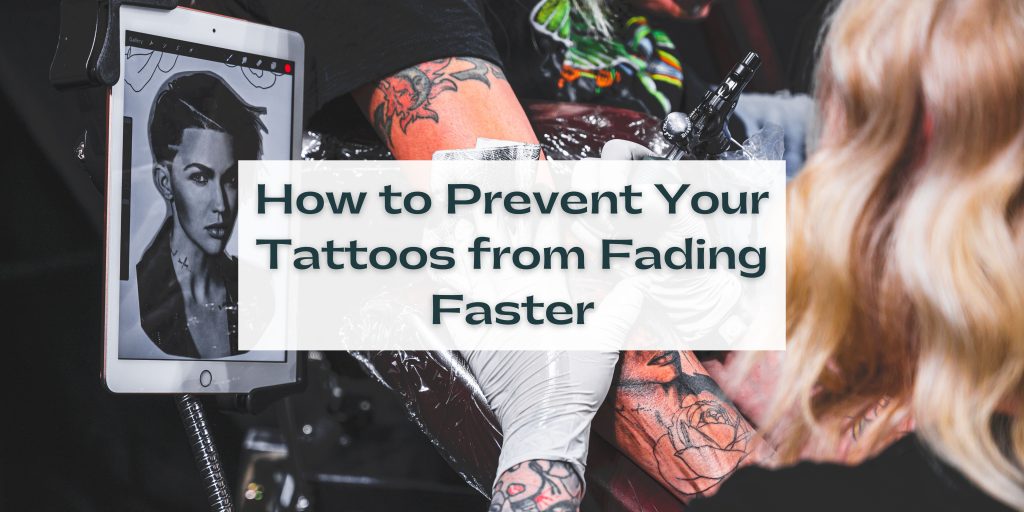
Protect Your Skin From the Sun
Exposure to UV radiation from the sun is a primary cause of tattoo fading. To prevent this, it is important to avoid prolonged sun exposure or cover your tattoos with clothing or sunscreen when outdoors.
Moisturize Regularly
Dry skin can cause tattoos to fade faster, so it is important to keep your skin moisturized. Use a gentle, fragrance-free moisturizer to prevent dryness and keep your skin healthy.
Choose High-Quality Ink
The quality of the ink used in a tattoo can significantly impact its longevity. High-quality ink contains more pigment particles and less filler material, which helps to keep the tattoo looking vibrant for longer.
Avoid Excessive Water Exposure
Prolonged exposure to water, such as swimming or soaking in a bath, can cause tattoos to fade faster. Try to avoid water exposure for the first few weeks after getting a new tattoo, and avoid prolonged exposure to water as much as possible.
Maintain a Healthy Lifestyle
Your overall health can affect the appearance of your tattoos. A healthy diet, regular exercise, and good hydration can help keep your skin healthy and prevent premature tattoo fading.
Can you touch up a faded tattoo?
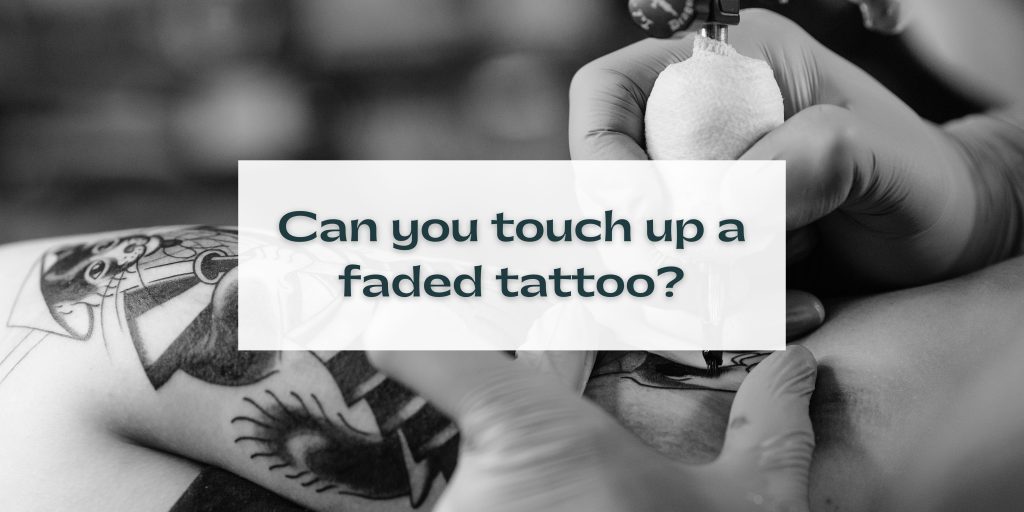
Yes, it is possible to touch up a faded tattoo. Over time, tattoos will inevitably fade as the ink pigments break down and disperse. However, touch-ups can help restore the vibrancy and colour of a tattoo, making it look fresh and new again.
The process of touching up a tattoo involves adding fresh ink to the faded areas of the design. This is typically done using the same colours and techniques as the original tattoo, to ensure a seamless and consistent appearance. Depending on the size and complexity of the tattoo, touch-ups may take several hours or multiple sessions to complete.
It is important to note that touch-ups may not always be successful, especially if the original tattoo was poorly executed or used low-quality ink. In some cases, the fading may be too extensive to be fully restored, or the tattoo may require significant reworking to improve its appearance.
If you are considering a tattoo touch-up, it is important to choose an experienced and reputable tattoo artist who can assess your tattoo and provide guidance on the best course of action. By working with a skilled professional and following proper aftercare instructions, individuals can help ensure their tattoo touch-up is successful and their body art remains vibrant and beautiful for years to come.
Do tattoos on certain body parts age better than on others?
Here are a few factors to consider when thinking about how tattoos age on different parts of the body:
Sun Exposure
Areas of the body that are regularly exposed to sunlight, such as the arms, legs, and face, are more prone to fading than areas that are covered by clothing. Applying sunscreen and wearing protective clothing can help minimize the effects of sun exposure on tattoos.
Skin Texture
Areas of the body with thin or loose skin, such as the neck or hands, may experience more wrinkling or sagging as the skin ages. This can cause tattoos to stretch or become distorted over time.
Movement
Areas of the body that experience frequent movement or rubbing against clothing, such as the feet or waistline, may experience more wear and tear on tattoos. This can cause the ink to fade or blur over time.
Healing Time
Some areas of the body may take longer to heal after getting a tattoo, which can affect the overall appearance and longevity of the design. For example, tattoos on the feet or hands may take longer to heal due to the constant movement and friction in these areas.

